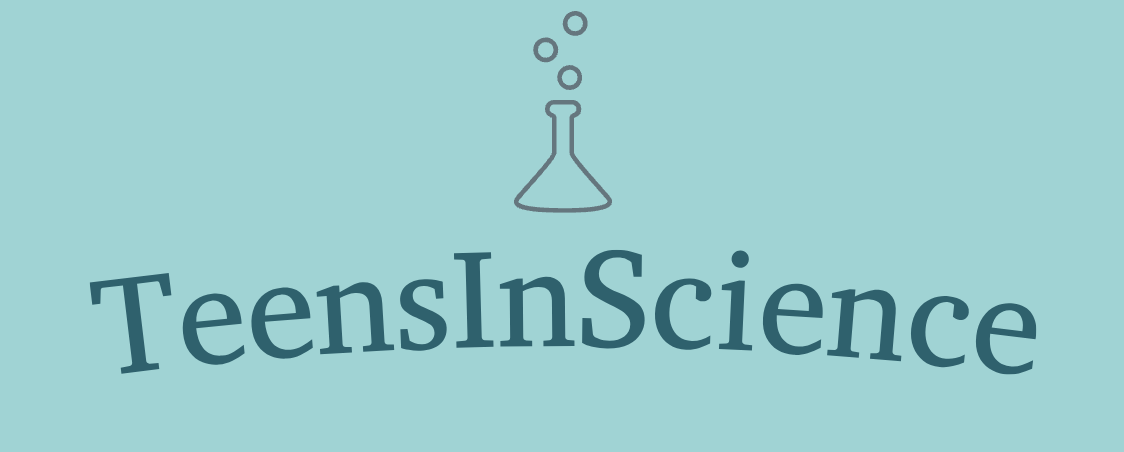Understanding HIPAA
This article will discuss the main ideas of HIPAA and how it protects patients.
Date Published: 1/4/25
What is it?
The Health Insurance Portability and Accountability Act (HIPAA) is a critical piece of legislation in the United States that keeps patient privacy safe and ensures the security of medical information. For anyone pursuing a career in healthcare, understanding HIPAA is essential, as it governs how patient information is handled, shared, and protected.
HIPAA was introduced to address several issues in the healthcare system, including the need for standards in electronic healthcare transactions and the protection of patients' personal health information. The law is divided into several titles, but the most relevant for healthcare professionals are Title I and Title II.
Title I focuses on health insurance access and renewability, ensuring that individuals can maintain health insurance coverage when changing or losing jobs.
Title II establishes national standards for electronic healthcare transactions and national identifiers for providers, health insurance plans, and employers.
The Privacy Rule
The HIPAA Privacy Rule, implemented in 2003, sets the standard for how healthcare providers, insurance companies, and others who handle patients' data. This includes any information that can identify an individual, such as names, birth dates, Social Security numbers, medical records, and even photos.
Under the Privacy Rule, patients have the right to:
Access Their Medical Records: Patients can request and receive copies of their medical records.
Request Corrections: If a patient believes that their medical records contain incorrect information, they can request corrections.
Be Informed About Privacy Practices: Healthcare providers must inform patients about how their information is used and shared.
Control How Their Information Is Used: Patients can place restrictions on how their information is shared for certain purposes, such as marketing.
Healthcare providers must obtain patient consent before sharing their information, except in specific circumstances, such as when the information is needed for treatment, payment, or healthcare operations.
The Security Rule
In addition to the Privacy Rule, HIPAA also includes the Security Rule, which addresses the protection of electronic patient information. The Security Rule requires healthcare organizations to implement administrative, physical, and technical safeguards.
Administrative Safeguards: These involve policies and procedures that ensure the proper handling of info, such as employee training and contingency planning.
Physical Safeguards: These include measures to protect physical access to information, such as secure facilities and workstations.
Technical Safeguards: These involve technology solutions like encryption and access controls to prevent unauthorized access to patient information.
HIPAA Violations
HIPAA violations can happen in different ways, from failing to secure patient records to improperly disclosing information. The consequences of non-compliance with HIPAA can be severe, including fines and even criminal charges. The Department of Health and Human Services and Office for Civil Rights is responsible for enforcing HIPAA and investigating complaints.
Penalties for HIPAA violations are tiered based on the level of negligence, ranging from $100 per violation for unintentional breaches to $50,000 per violation for willful neglect. In extreme cases, individuals can face up to 10 years in prison for knowingly violating HIPAA.
Why HIPAA Matters for Aspiring Healthcare Professionals
For those entering the healthcare field, understanding and adhering to HIPAA is not just a legal requirement. Protecting patient privacy builds trust between patients and healthcare providers, which is essential for effective treatment and care.
Additionally, with the increasing use of electronic health records and telemedicine, the importance of securing it has never been greater. As future healthcare professionals, it's crucial to stay informed about HIPAA regulations and best practices for maintaining patient confidentiality.
Works Cited
U.S. Department of Health and Human Services. “Health Information Privacy.” HHS.gov, 2023, https://www.hhs.gov/hipaa/index.html.
American Medical Association. “Understanding HIPAA Privacy.” AMA Journal of Ethics, 2023, https://journalofethics.ama-assn.org/article/understanding-hipaa-privacy/2023.
“HIPAA Compliance and Enforcement.” Centers for Medicare & Medicaid Services, 2023, https://www.cms.gov/Regulations-and-Guidance/Administrative-Simplification/HIPAA-ACA.
Gostin, Lawrence O., and James G. Hodge Jr. “The HIPAA Privacy Rule: Implications for Public Health Practice and Research.” JAMA, 2003, https://jamanetwork.com/journals/jama/article-abstract/197004.
